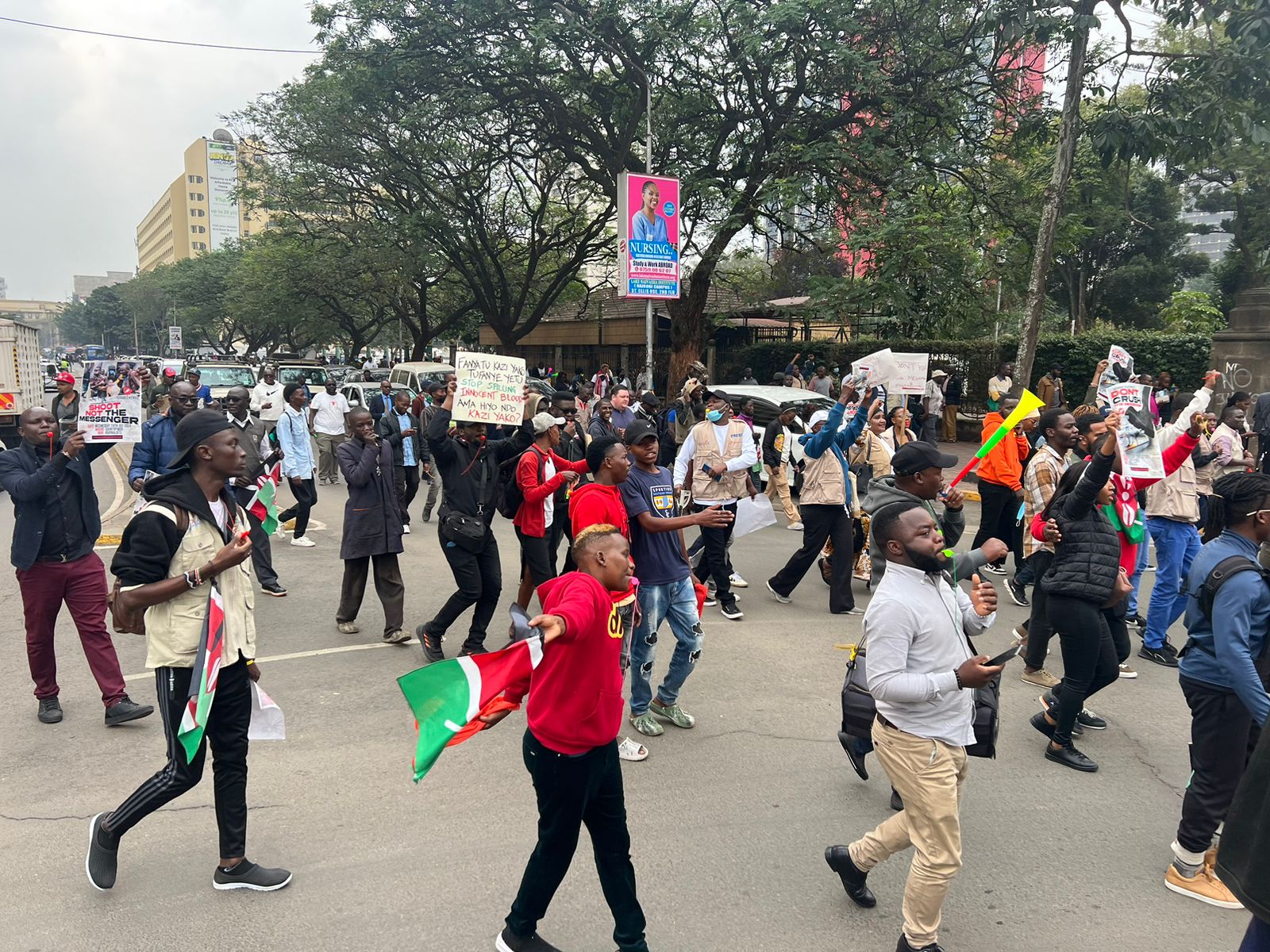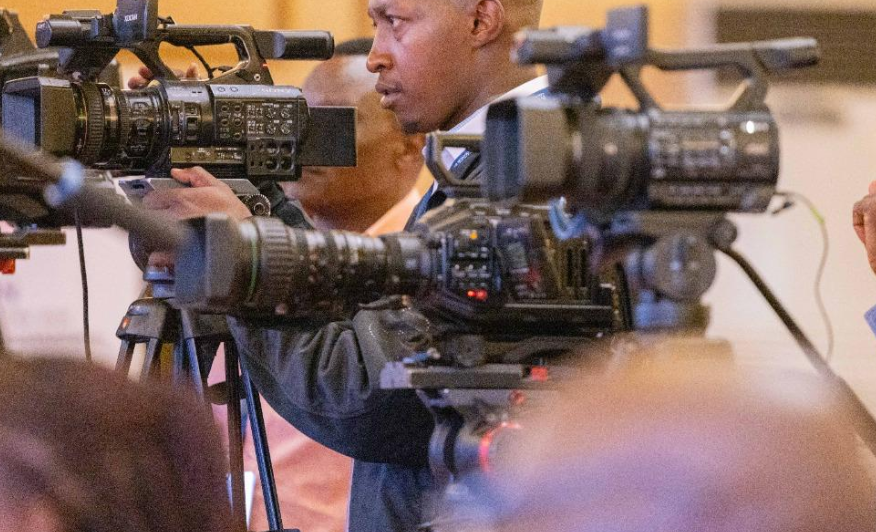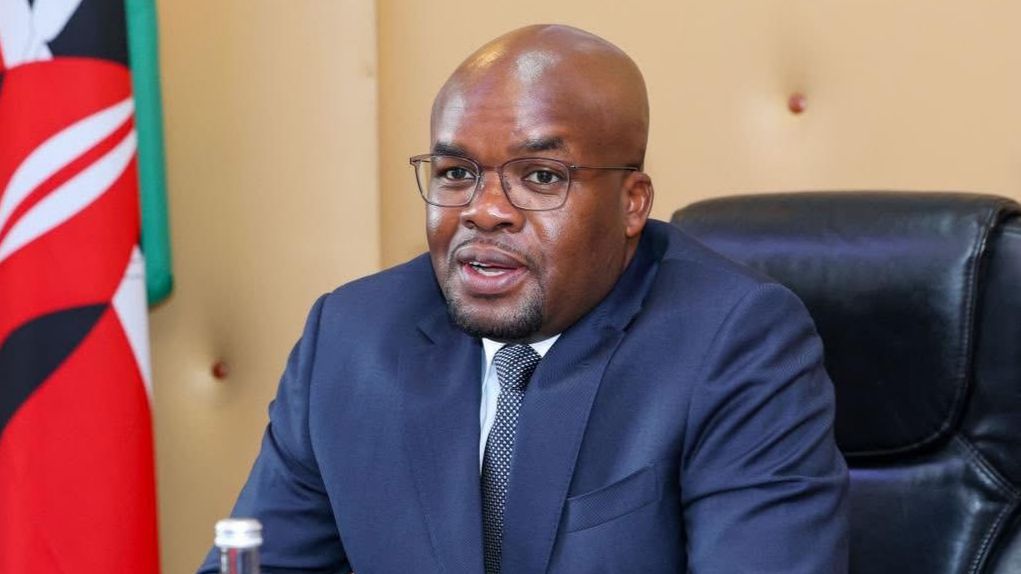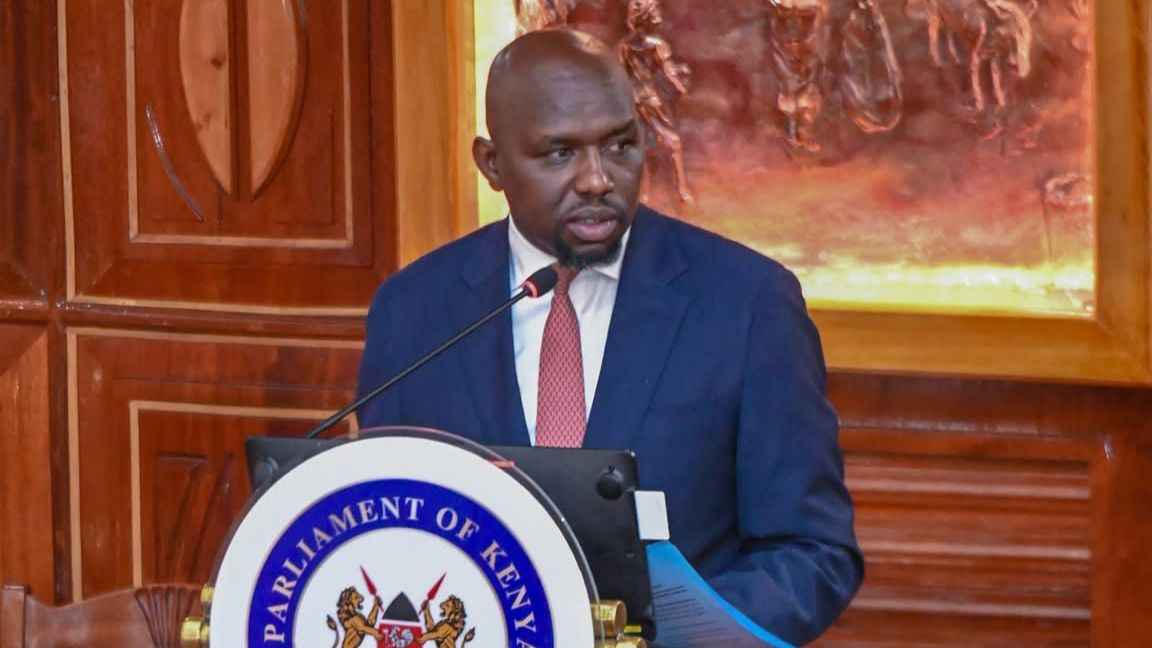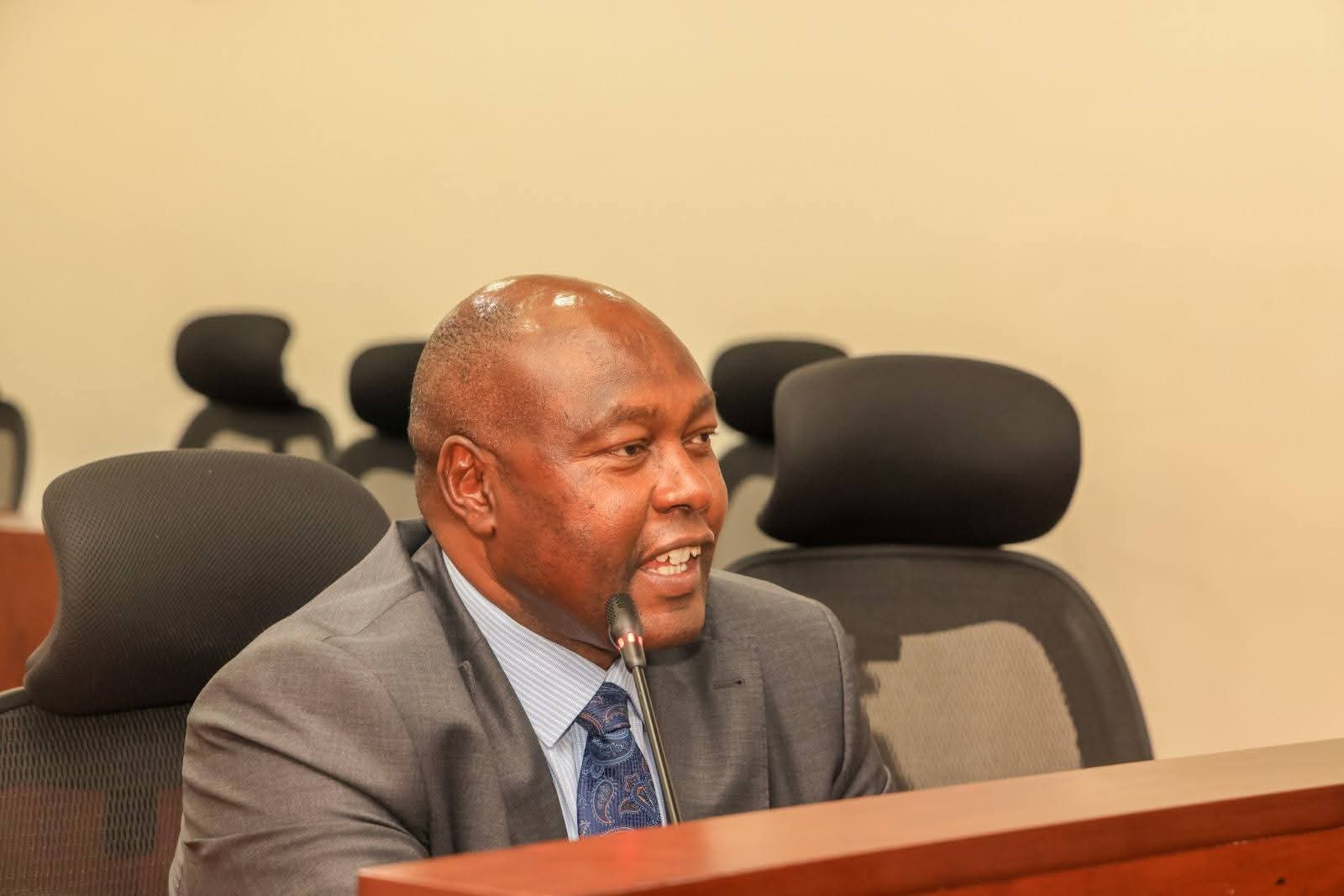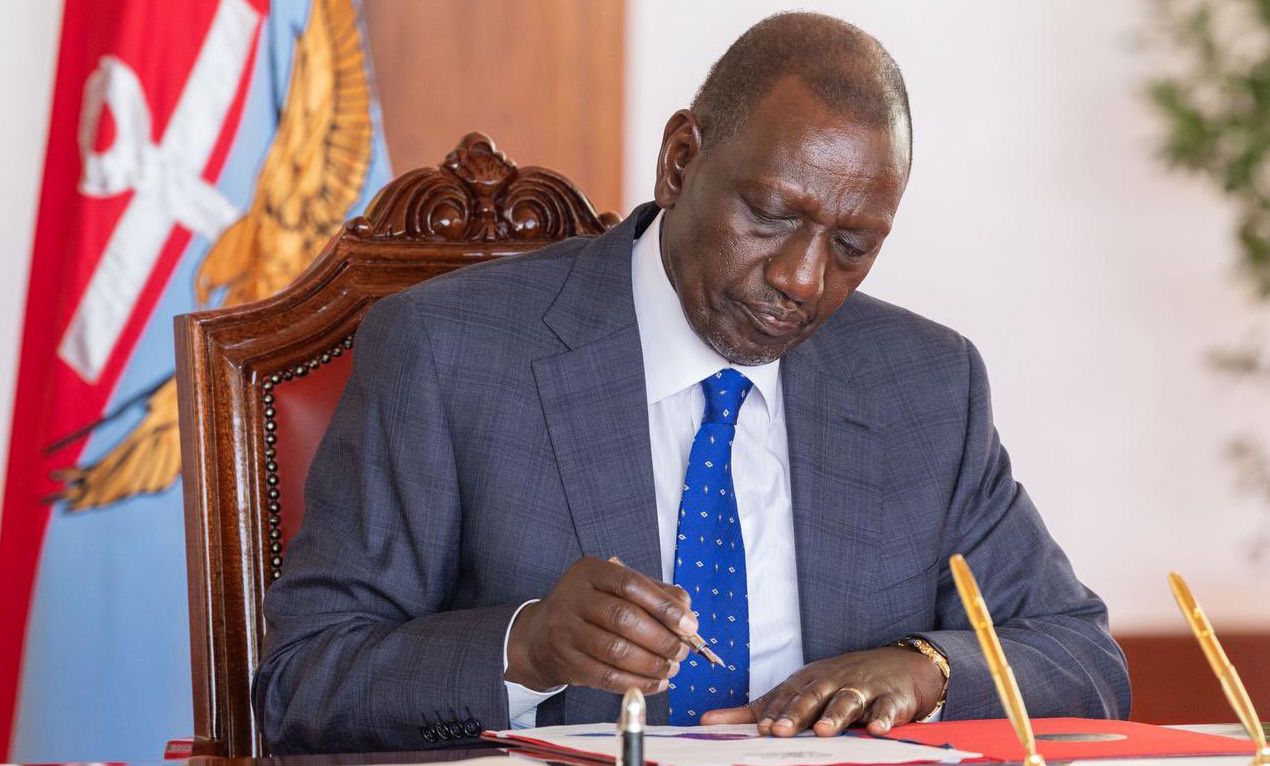By Victor Bwire
There is a growing need for the country to take a more comprehensive look at the media sector with the aim of ensuring its sustainability and protection from unnecessary disruptions through laws, policies, and administrative codes. Some of these regulations hinder the development and growth of the sector, despite the significant opportunities it presents.
We need a regulatory framework that enables the industry to harness the potential of the media sector while minimizing the impact of challenges faced by journalists and media consumers. Not a regulatory framework that takes away self-regulation from the industry but strengthens it by way of putting more responsibilities on the news producers to obey in-house professional codes of ethics.
It should also create complaint handling mechanisms including establishing public educators that deal with complaints from citizens and regulatory bodies that are not held hostages by the media sector or the government. Regulation must be a shared responsibility in the sector.
Read More
A practical system will require a media regulation that strengthens the protection and promotion of media freedom and watchdog role, enhances independence, builds the capacity of the media to speak and represent public interest agenda, and a framework that cultivates professionalism and accountability. It envisages diversity and plurality in content, and all-inclusive programming, ensures universal access to media, and spells out the role of commercial, public service broadcasting, and community media among other things.
.jpg)
This requires that the country quickly finalizes the development of a media policy that captures the emerging trends in the industry, creates an environment that allows a free, responsible, and community-oriented media that focuses on the public good and operates in an environment that appreciates innovation and technological development among others.
With a converged newsroom and content production, for example, does the model that requires broadcasters to be licensed by the Communication Authority of Kenya, newspapers to be registered by the registrar of print publications/ newspapers under the Books and Newspaper Act, artistic and creative works to be registered under the Films and Stage Plays Act, still stand?
Would, for example, a broadcast station licenced by the CA, require another registration when they start an E-publication?
To register a print media house in Kenya, one must go through several steps. Once the media house has registered its branch office, it must register its print publication with the Registrar of Books and Newspapers, as provided for in the Books and Newspapers Act.
The media house is required to execute a bond of Ksh 1,000,000, as prescribed in Form 9 of the Act, accompanied by affidavits from the sureties of the publisher. It must also pay stamp duty on the bond at the Lands Office for the purpose of registering the bond at the Lands Registry. Finally, the media house must provide evidence of bond registration to the Registrar of Books and Newspapers in order to begin publishing.
In addition, it is recommended that publishers of newspapers and magazines register their publications with the Postmaster General (GPO), which will enable the publishers to transmit their publications through the Post Office at a concessionary postage rate. The media house will pay an annual registration fee. Are these things still relevant in our laws? Shall a print media outlet that wants to start online news dissemination including the production of multimedia content or podcast require a broadcasting licence? And how many registrations and licences should such stations have to produce multimedia content?
Some individuals on their online platforms have a following and engagement that surpass those of a single media house, generating more income than companies. Yet, our model still focuses on companies. How do we harmonize this, especially in an era where we encourage people to monetize content on digital platforms? Do we need to reassess the taxation regime that disadvantages those in liberal media practice, with heavy taxes on broadsheets, broadcasting equipment, and regular payments for frequencies and distribution channels?
The issue of content theft, plagiarism, and fair compensation for journalists and media outlets, who invest heavily in producing content that is easily picked up online, must be addressed.
The new policy will require to look at several laws in the country to provide a comprehensive guide including the Kenya Broadcasting Corporation Act, Books and Newspapers Act, Public Security Act, Official Secrets Act, Films and Stage Plays Act, The Defamation Act, The Preservation of Public Security Act, The Public Order Act and Chief's Authority Act, National Police Service Commission Act, National Intelligent Service Act, Kenya Defence Forces Act, Copy Right Act, and the Penal Code-publication of false news), Computer and Cybercrime Act, Prevention of Terrorism Act, Prevention of Money Laundering act, while others create public agencies to regulate the industry (Media Council of Kenya, Communications Authority, Competitions Authority of Kenya, Copyright Society of Kenya, Kenya Films Board).
Mr Victor Bwire is the Head of Media Development and Strategy at the Media Council of Kenya.
-1726720406.jpg)


